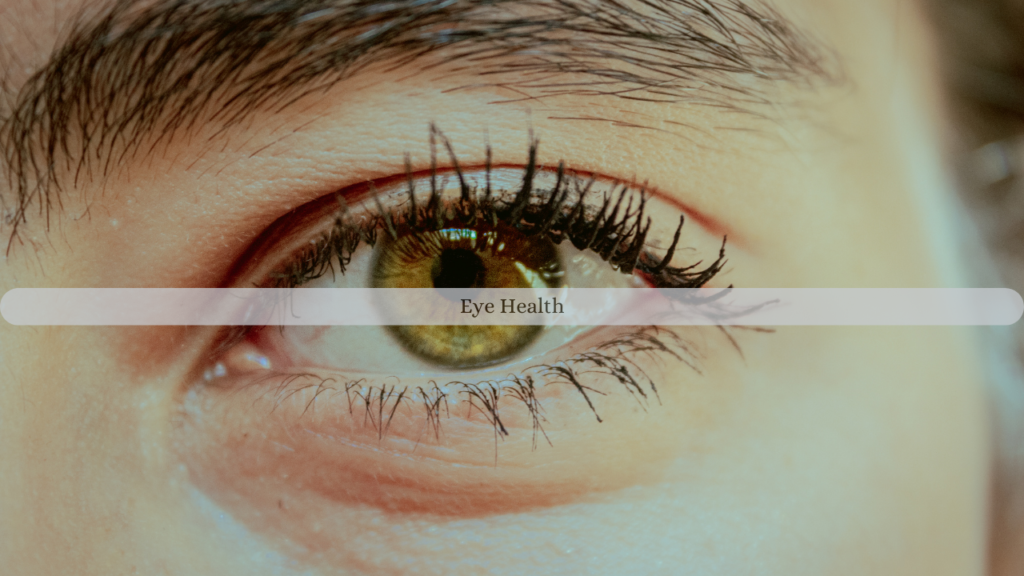
Substance abuse is a major public health issue, affecting numerous bodily systems, including the eyes. While the detrimental effects of drug and alcohol abuse on the brain, liver, heart, and lungs are well-known, the damage these substances cause to vision and overall eye health is often overlooked. Eyes, as sensitive organs, are particularly vulnerable to the toxic effects of drugs and alcohol, which can lead to both short-term impairments and long-term conditions. Understanding how these substances harm eye health is essential in recognizing the broader consequences of substance abuse.
Alcohol and Eye Health
Alcohol is one of the most commonly abused substances worldwide, and its effects on the eyes are numerous. In the short term, alcohol consumption can lead to blurred vision due to dehydration, which causes the eyes to become dry and irritated. Heavy drinking can also lead to double vision (diplopia), as alcohol affects the brain’s ability to coordinate eye movement.
Over time, chronic alcohol abuse may result in more serious, permanent damage to the eyes. Alcoholic optic neuropathy, for example, is a condition where prolonged alcohol consumption damages the optic nerve, leading to vision loss. Additionally, excessive alcohol intake is linked to an increased risk of developing cataracts, a condition where the lens of the eye becomes clouded, obstructing clear vision. Alcohol-induced nutritional deficiencies, such as a lack of vitamin B1 (thiamine), can also impair vision, causing conditions like Wernicke’s encephalopathy, which affects eye movement and coordination.
Tobacco and Vision Loss
Tobacco smoking, often co-abused with alcohol and other drugs, poses a significant threat to eye health. Smoking has been conclusively linked to an increased risk of developing age-related macular degeneration (AMD), a leading cause of blindness in older adults. The harmful chemicals in tobacco smoke damage the delicate tissues of the retina, which is responsible for central vision.
In addition to AMD, smoking is associated with cataracts and dry eye syndrome, a condition where the eyes cannot produce enough tears to stay adequately lubricated. Smoke exposure from tobacco irritates the eyes, causing redness, itchiness, and long-term damage to tear production, worsening dry eye symptoms. Smokers are also at a higher risk for developing diabetic retinopathy, particularly in those who already have diabetes. This condition damages the blood vessels in the retina, leading to vision impairment or even blindness.
Illicit Drug Use and Eye Damage
Illicit drugs such as cocaine, methamphetamine, heroin, and marijuana can cause significant harm to the eyes. Cocaine use, for instance, can cause severe retinal damage and lead to vision-threatening conditions like retinal artery occlusion, a type of stroke in the eye that can cause sudden blindness. The stimulant effects of cocaine also increase the risk of optic neuropathy, which can result in vision loss if left untreated.
Methamphetamine, another powerful stimulant, can lead to severe dryness and irritation of the eyes due to decreased tear production. Users of methamphetamine often experience dilated pupils, which makes the eyes more sensitive to light and can cause permanent damage if exposure to bright lights is prolonged. Heroin use can also lead to vision problems, including drooping eyelids (ptosis) and double vision, as the drug affects the nerves that control eye movement.
Protecting Eye Health from Substance Abuse
Preventing eye health deterioration due to substance abuse begins with awareness. The eyes are vulnerable to the toxic effects of alcohol, tobacco, and drugs, and the damage can be irreversible if not addressed in time. Seeking help for addiction, maintaining regular eye check-ups, and adopting a healthier lifestyle are critical steps in safeguarding your vision. For those recovering from addiction, improving nutrition and quitting smoking or drinking can significantly enhance both overall health and eye function.
In conclusion, substance abuse poses a serious threat to eye health. From temporary vision disturbances to permanent blindness, the harmful effects of drugs and alcohol extend far beyond what most people might expect. Protecting your vision starts with understanding these risks and making choices that promote long-term health.